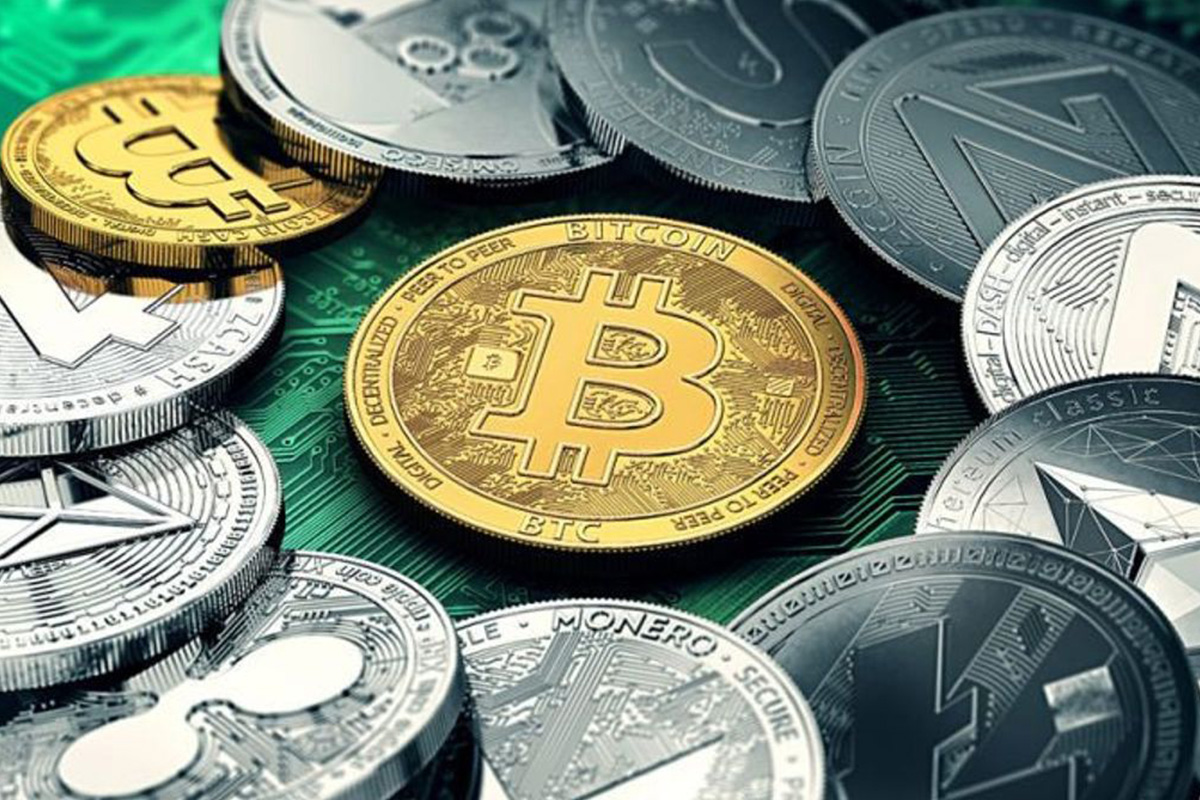The Draft Law on the Development and Strengthening of the Financial Sector (RUU PPSK) which is being formulated by Commission XI of the DPR RI aims to create sustainable inclusive and positive economic growth. The PPSK Bill is designed in the Omnibus Law concept which integrates around 16 laws in the financial sector. Crypto assets are proposed to be one of the sectors included in the PPSK Bill as part of the financial sector technological innovation (ITSK). With its development, crypto assets are considered worthy of being one of the future investment instruments. This was also conveyed by Binance CEO Changpeng Zhao at the B20 Summit in Bali, Zhao said “for now 99% of a person’s wealth is still in the form of fiat currency or still using the traditional financial system. However, in the longer term predictions, DeFi and crypto could potentially replace fiat or traditional currencies.” Zhao also sees that “more and more people will migrate to crypto, because in the future about 20 – 30 years it will be much easier to make transactions in the crypto business”. This means that in the future crypto assets will have an important role in helping to improve the global economy.
The regulation and supervision of crypto asset trading are currently regulated by the Commodity Futures Trading Supervisory Agency (Bappebti) so later this will have implications for the regulation and supervision of crypto assets by the Financial Services Authority (OJK) and Bank Indonesia (BI). Meanwhile, in various countries, the regulatory position of crypto assets is classified differently so this should be taken into consideration by the Indonesian government in positioning crypto assets in Indonesia as commodities or financial services/products. For example in Singapore, crypto is not considered a legal means of payment but a digital asset by implementing clear, measurable, and structured regulations in providing legality so that all movements are under government supervision and the safety of consumers is also guaranteed. Similarly in Indonesia, crypto in America is generally considered a commodity. However, several other countries, such as Japan and Australia, consider crypto as property. Meanwhile, in Canada and South Africa, crypto enters the financial sector and is classified into financial products.
Affan Giffari, Managing Partner of Trifida at Law who is also a partner of the Indonesian Blockchain Association (A-B-I), expressed his opinion from a legal perspective. According to him, this “will result in a shift in law which means implications for regulating the crypto industry if the authority that oversees crypto is the OJK so that all stakeholders must prepare themselves to face the new regime and the government needs to consider legal certainty. For business actors so that later they can offer better products varied and competitive to consumers.”
From the business actor’s point of view, Resna Raniadi, Upbit’s Vice President of Operations also responded to this “Basically, by entering crypto assets into the PPSK Bill, the government wants the best for the industry, both for smooth business processes for business actors and for consumer protection. However, what must be emphasized in going forward is that there are no overlapping regulations or communication between government agencies because this ecosystem is still in its infancy so it would be better if the regulations could be made as simple as possible.
Oscar Darmawan, CEO of Indodax believes that the government will study the PPSK Bill very carefully so that later there will be harmonization of laws and regulations that can accommodate the industry’s needs, “the positive side is that it can make industries engaged in crypto not only considered as commodities but as financial institutions that regulated by the OJK,” which can support the development of innovation as long as these regulations can make the crypto ecosystem in Indonesia better and can protect consumers.
Duwi Sudarto Putra, as Co-Founder & COO of digitalexchange.id hopes that “a monitoring system such as preventing data leaks, increasing financial literacy for investors to the authority to eradicate fraudulent practices under the guise of investment, especially in the crypto industry and all related institutions/authorities in the future must be actively coordinated to provide the best decision for the future of the crypto industry and its consumers in Indonesia.”
A-B-I representing the crypto asset industry players also provided several written inputs to the Indonesian Ministry of Law and Human Rights regarding the PPSK Bill and the Ministry of Finance. Given the nature of crypto assets which basically cover trade and financial aspects, the involvement of various stakeholders including the crypto asset industry is needed in the process of drafting the PPSK Law which broadens the scope of ITSK in Article 202 letter h and expands the financial services sector which is under the authority of the Financial Services Authority (OJK) on Crypto Assets that have risk characteristics as stated in the Elucidation of Part Four of Article 5 letter concerning Amendments to Law Number 21 of 2011. Asih Karnengsih, A-B-I’s Chairwoman said, “So far A-B-I has made a lot of efforts to involve crypto asset industry players in discussions on the Bill PPSK, one of which was in the Public Consultation on the PPSK Bill held by the Ministry of Finance and submission of several proposals to the relevant Ministries and Authorities.” Asih also added, “It would be relevant to look thoroughly and carefully at the conditions of the crypto asset industry (both at national and abroad level) and make appropriate and specific policies. Besides that, in order to maintain the conduciveness of the crypto industry in Indonesia, there is a need for an adequate transition or period of transition for business actors and the relevant government regarding adjustment steps to provide a policy framework to the regulatory landscape that will be authorized by each government agency.
Supporting the view above, the same thing was also conveyed by Plt. Head of CoFTRA, Didid Noordiatmoko, gathered from CNN Indonesia (02/11), Didid admitted that he still supports the government’s decision with a note, crypto remains a commodity, not a currency, “later the government will transfer crypto assets to the OJK, but not immediately when the PPSK Bill is promulgated . So, there is a transition period”. Didid also explained that during the transition period which is expected to last for 5 years, CoFTRA will try to make governance regulations. The goal is so that the crypto ecosystem can remain sustainable even though it later switches to the OJK.
SOURCE Asosiasi Blockchain Indonesia




